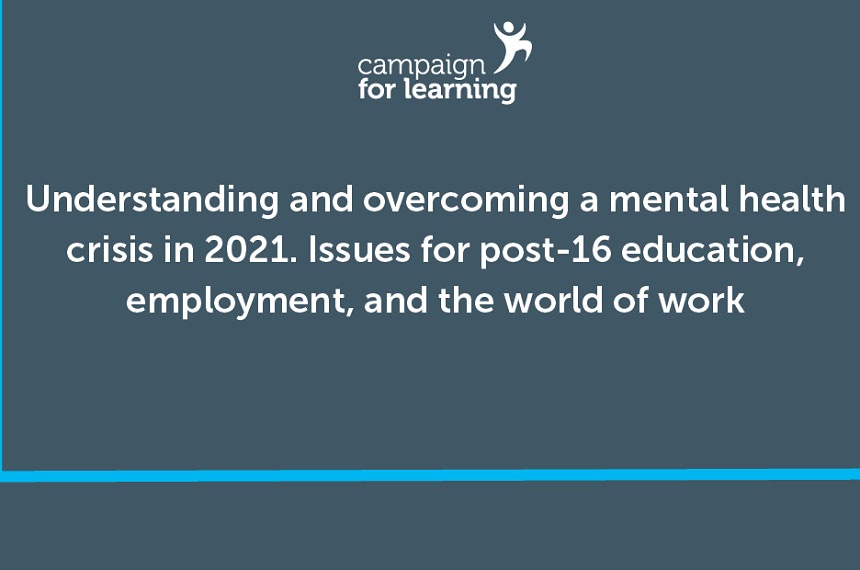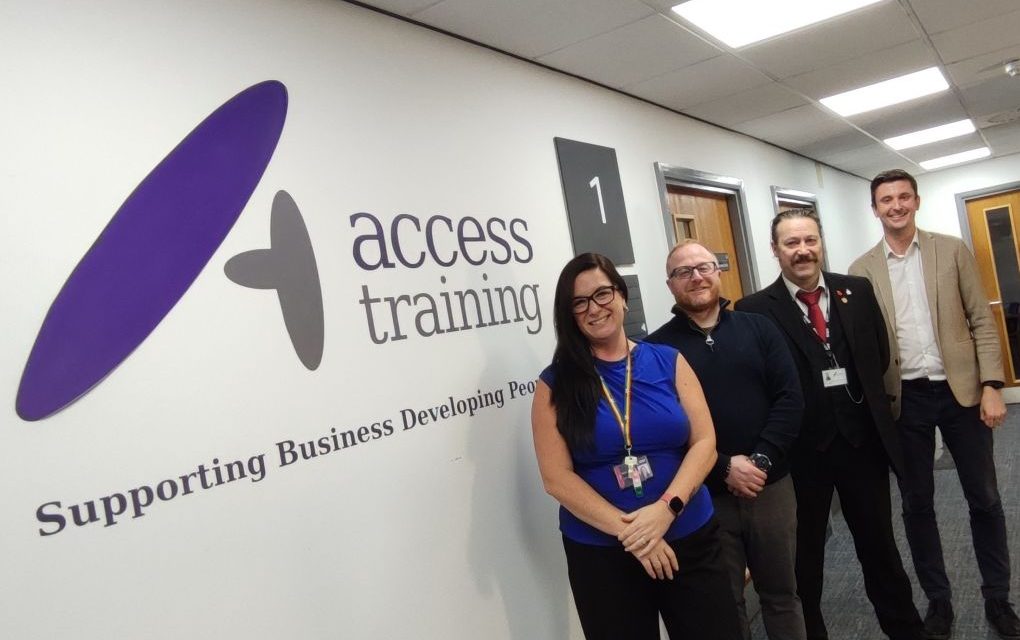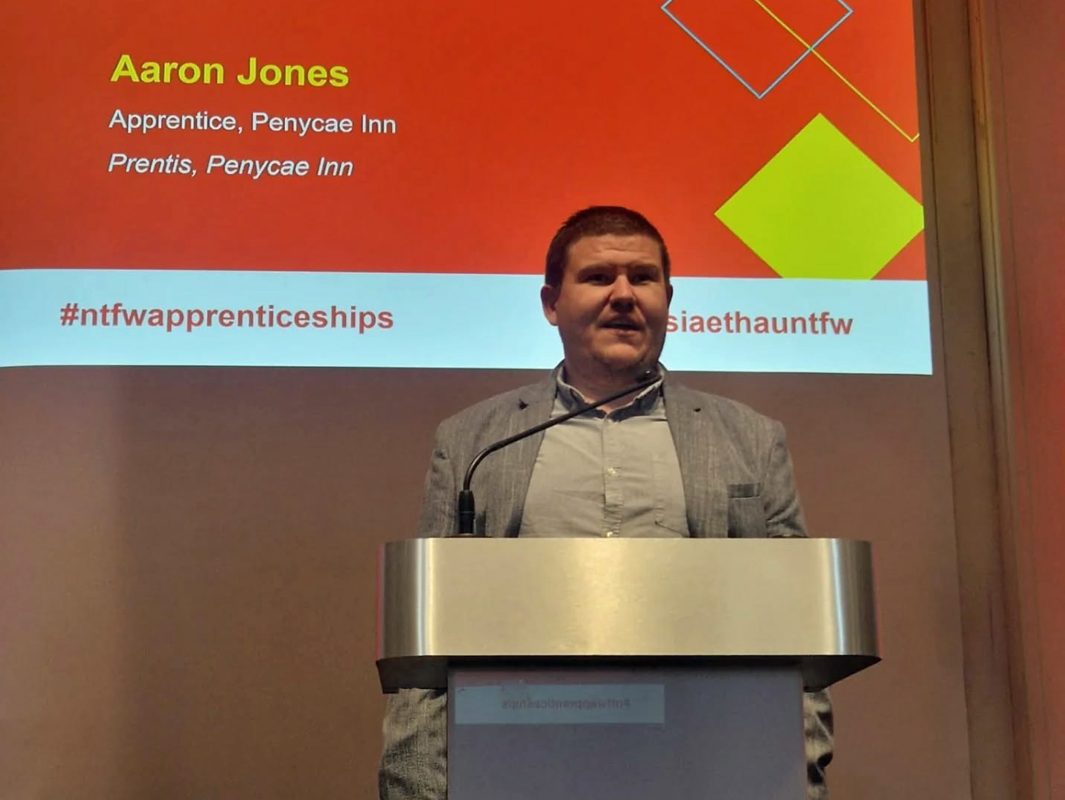Actions to prevent a mental health crisis in 2021 – New Campaign for Learning report

@CForLearning launch new report – Understanding and Overcoming a Mental Health Crisis in 2021
Mental health and post-16 education, employment and work specialists recommend ways forward
In a new paper released today from the Campaign for Learning, specialists from mental health and post-16 education and employment set out what needs to be done to prevent or limit a mental health crisis in 2021. In the wake of the government’s recent ‘roadmap out of lockdown’ announcement and the Ofqual consultation outcomes for exams and assessments, this paper highlights how learners and people whose jobs are at risk or are unemployed can be helped in a post-pandemic world.
‘Understanding and Overcoming a Mental Health Crisis in 2021’ presents the issues for post-16 education, employment, the world of work and retirement. Whilst much attention has been rightly paid to the pandemic’s impact on school education, this paper looks specifically at the mental health implications and needs of older students and adults.
Some of the issues and concerns for mental health existed prior to the pandemic, but Covid-19 has caused additional pressures on young people and adults. These range from feelings of isolation from the need to study and work at home, to job insecurity and financial stress from unemployment.
The contributors make specific recommendations to support apprentices and students at colleges, university and in adult learning, as well as people in and out of work. The important role of education, lifelong learning and good work in promoting mental wellbeing and reducing mental health problems is also addressed, with calls for lifelong learning to be put at the heart of the nation’s mental and physical health recovery post-pandemic.
Julia Wright, National Director at the Campaign for Learning said:
“Our mental health situation is complex. Yet, as our contributors show, there are clear steps we can take to mitigate pressures and respond to need. These responses include high quality support for students and apprentices, assessing the mental health impacts of education policies and focusing on practice that promotes mental wellbeing.
Supporting young people and adults to benefit fully from education and lifelong learning promotes mental wellbeing further as it builds confidence, increases skills levels and helps people move into better jobs.
We are grateful to our authors for their analysis. We hope by bringing together these perspectives, it will add to the high degree of joint work that already exists between their sectors and provide an added impetus to further good work, good practice and good policy.”
Understanding and Overcoming the Mental Health Crisis in 2021
Issues for Post-16 Education, Employment, the World of Work and Retirement
Understanding and Overcoming a Mental Health Crisis in 2021 |
|
Some of the issues and concerns for mental health discussed existed prior to the pandemic, but Covid-19 has caused additional pressures on young people and adults. The authors make specific recommendations to support apprentices and students at colleges, university and in adult learning, as well as people in and out of work. The important role of education, lifelong learning and good work in promoting mental wellbeing and reducing mental health problems is also addressed. Published by the Campaign for Learning, it brings together sixteen specialists from mental health and post-16 education and employment to set out what needs to be done to prevent or limit a mental health crisis in 2021. |
|











Responses